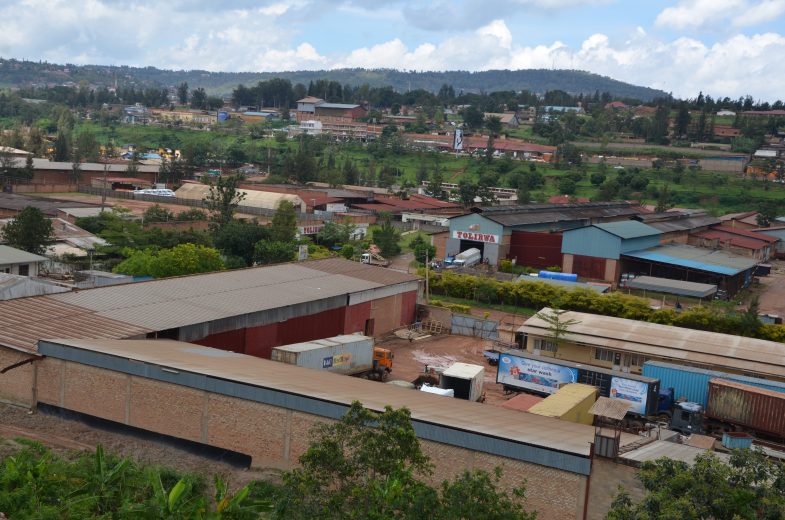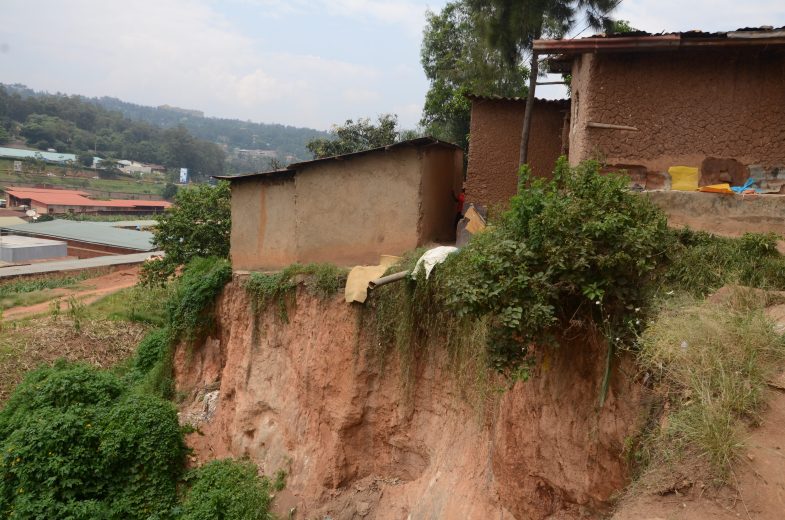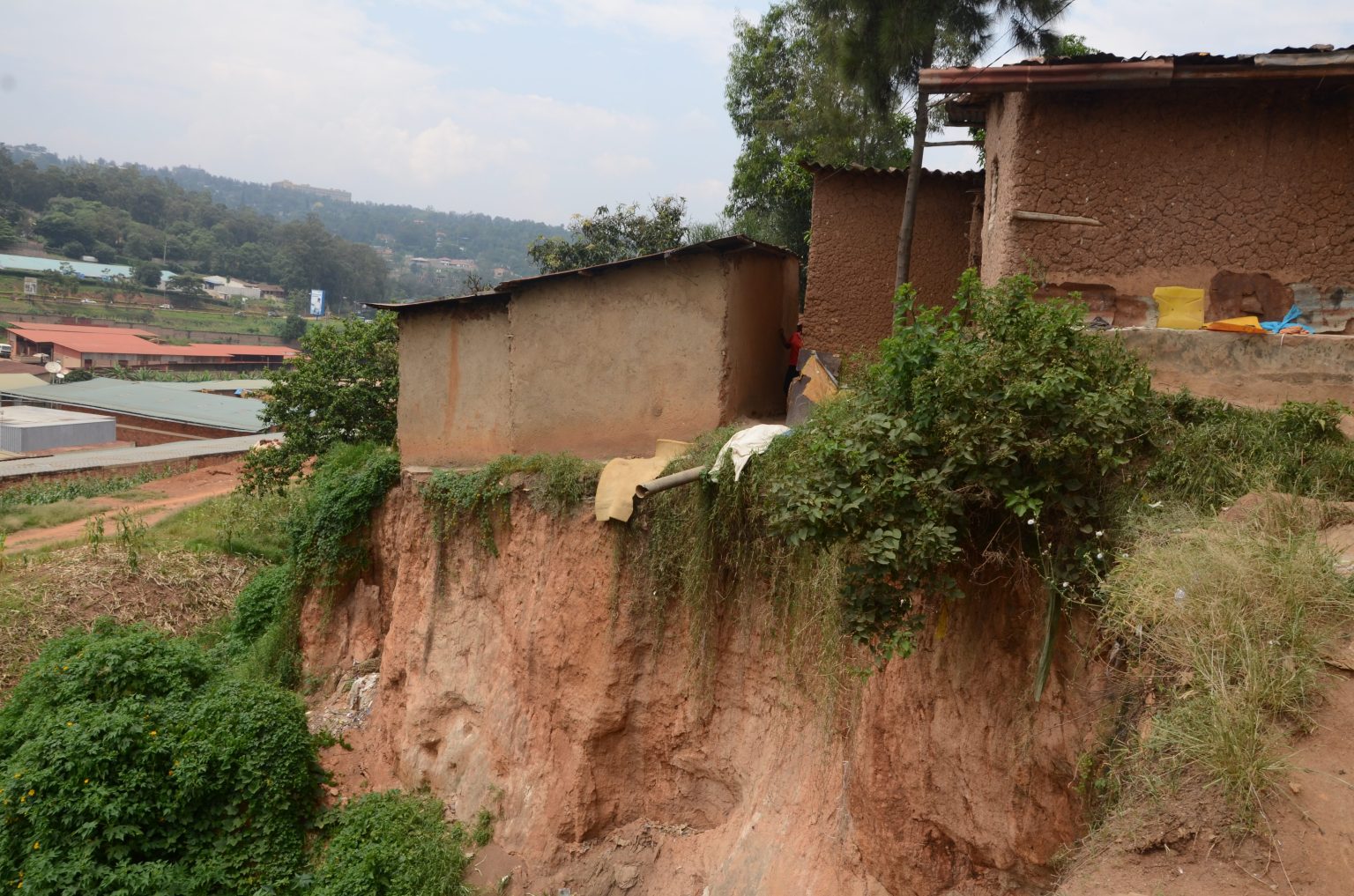
Gikondo wetland, once a thriving ecological zone in Kigali, Rwanda, suffered severe degradation due to unregulated industrial activities. For decades, the area served as the Gikondo Industrial Park, home to numerous factories including Bralirwa’s Kigali depot, Inyange Industries, Sulfo Rwanda, and Ameki Color. By 2015, over 70 industries were operating in and around the wetland, discharging waste and pollutants into the ecosystem. The wetland, which had once supported a rich diversity of flora and fauna, was reduced to a toxic zone, threatening public health and biodiversity.
Recognizing the environmental and economic dangers, the Government of Rwanda, through the Rwanda Environment Management Authority (REMA), launched a comprehensive rehabilitation project. Beginning in 2017, the government relocated industries to the Kigali Special Economic Zone in Masoro.
The area was then restored through the planting of indigenous vegetation, water purification interventions, and creation of buffer zones to prevent future encroachment.
This bold initiative was not merely an environmental campaign—it was a strategic investment in Rwanda’s long-term sustainability and tourism.
Wetlands are crucial in regulating water cycles, preventing floods, and serving as carbon sinks. Moreover, they provide vital habitats for bird species, many of which attract eco-tourists and birdwatchers from across the world. By restoring Gikondo wetland, Rwanda reinforced its commitment to green growth and eco-tourism.
Tourism is a pillar of Rwanda’s economy, contributing over $400 million annually before the COVID-19 pandemic. Kigali, as the capital, is often the first impression visitors have of the country. A rehabilitated Gikondo wetland near the city center provides a serene natural attraction, enhancing Kigali’s image as a clean, green, and sustainable city. It is now being integrated into Kigali’s master plan as a conservation area and a public park, where both locals and tourists can enjoy nature trails, birdwatching, and educational tours.
The transformation of Gikondo from a polluted industrial zone to a vibrant wetland stands as a model of environmental restoration in Africa. It underscores Rwanda’s vision to balance urban development with environmental conservation and shows how proactive governance can turn an ecological crisis into an opportunity for sustainable tourism and green urban planning.




